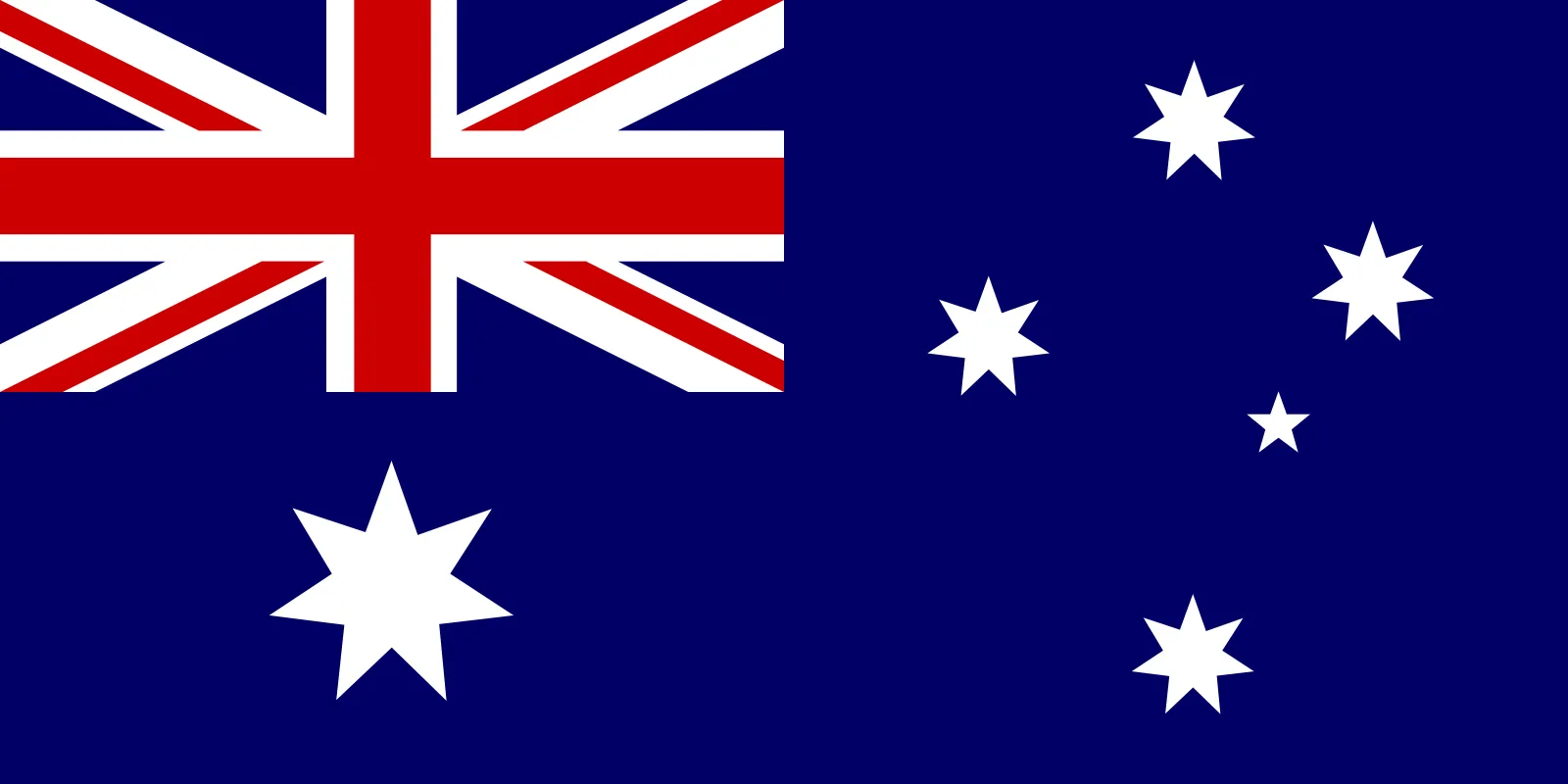
Australia
Australia, officially the Commonwealth of Australia, is the smallest continent and sixth largest country (by land area) on Earth, located between the Pacific and Indian Oceans. Area:
2,968,402 square miles (7,688,126 km2). Population:
(estimate in 2023) 26,231,000. Capital:
Canbera. Most Australians are descendants of Europeans. The largest non-white minority group is Aboriginal Australians. The percentage of Asian population has increased due to the relaxed immigration policy. Language:
English (official). Religion :
Christianity (mainly Protestant; also Roman Catholic, Eastern Orthodox, other Christians), Buddhism, Islam. Cash:
Australian dollar. Australia has three main geographical regions. More than half of its area lies on the Western Australian Continental Shelf, including overhangs of Arnhem Land and the Kimberleys to the northwest and the Macdonnell Ranges to the east. The second zone, the Inner Lowlands, lies to the east of the plateau. The Eastern Plateau, which includes the Great Dividing Range, is a series of high mountain ranges, plateaus, and basins. The highest point in the country is Mount Kosciuszko in the Australian Alps and the lowest point is Lake Eyre. Major rivers include the Murray-Darling system, the Flinders and Swan Rivers, and Cooper Creek. There are many islands and reefs along the coast including the Great Barrier Reef, Melville Island, Kangaroo Island and Tasmania. Australia is rich in mineral resources, including coal, oil and uranium. A huge diamond mine was discovered in Western Australia in 1979. The country's economy is largely based on free enterprise; Its main components include finance, production and trade. Officially a constitutional monarchy, its head of state is the British monarch, represented by the Governor-General. It is in fact a parliaentary country with two legislative houses; The head of government is the prime minister. Australia has long been inhabited by Aboriginal people, who began arriving here at least 50,000 years ago. Population estimates at the time of European settlement in 1788 ranged from 300,000 to 1,000,000. Widespread European knowledge of Australia began with expeditions in the 17th century. The Dutch landed in 1616 and the English in 1688, but the first large-scale expedition was by James Cook in 1770, which established Britain's claim to Australia. The first British settlement, at Port Jackson (1788), consisted mainly of convicts and sailors; convicts make up a large portion of the new settlers. By 1859, the colonial nucleus of all the Australian states had been formed, but with devastating effects on the indigenous peoples, whose populations plummeted due to the emergence of European diseases. Europe. Britain granted its colonies limited autonomy in the mid-19th century, and a law uniting the colonies into a Commonwealth came into effect in 1901. Australia fought alongside the British in World War I, including at Gallipoli, and again during World War II. , preventing the occupation of Australia by the Japanese. He joined the United States in the Korean and Vietnam wars. Since the 1960s, the government has sought to treat Aboriginal people fairly, and the relaxation of restrictions on immigration has resulted in a more mixed population situation. The constitutional constraints allowing Britain to intervene in government were officially abolished in 1968, and Australia assumed a major role in Asian and Pacific affairs. During the 1990s, there was some debate about abandoning relations with Britain and establishing a republic.

